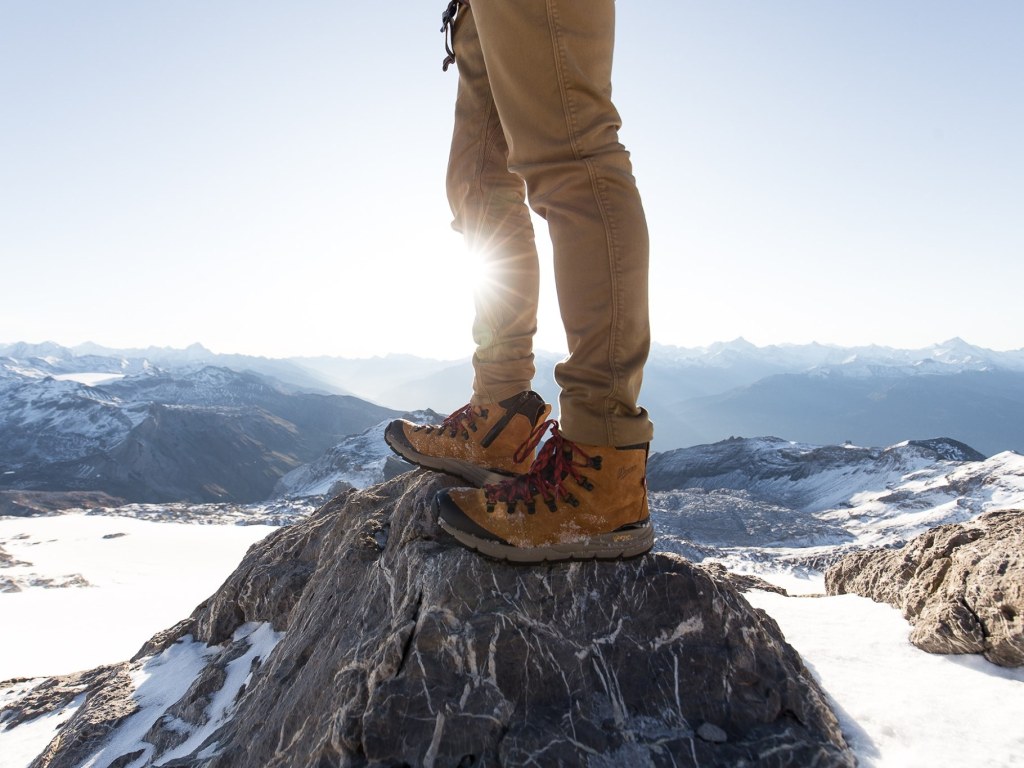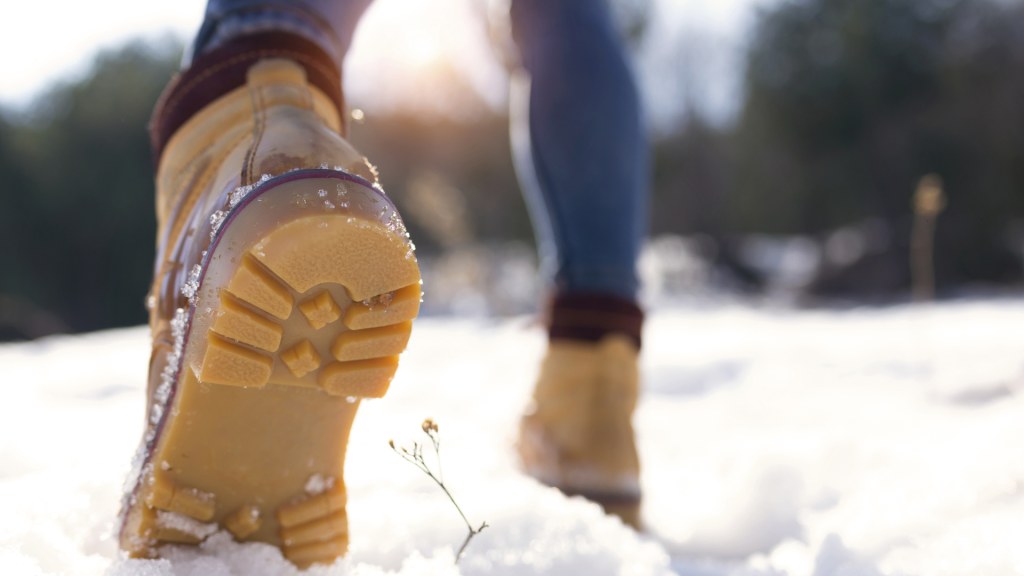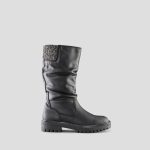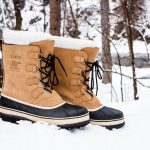Discover The Ultimate Winter Footwear: Can I Wear Hiking Boots In The Snow? Seize The Adventure Now!
Can I Wear Hiking Boots in the Snow?
Welcome, Boots Enthusiast! Today, we will discuss an important topic that many outdoor enthusiasts like you often wonder about: Can I wear hiking boots in the snow? As winter approaches and the mountains become covered in a white blanket, it’s crucial to understand the suitability of your hiking boots for snowy conditions. In this article, we will explore the advantages and disadvantages of wearing hiking boots in the snow, as well as provide you with the necessary information to make an informed decision.
Table of Contents:
What
Who
When
Where
Why
How
Advantages and Disadvantages
Frequently Asked Questions
Conclusion
Final Remarks
3 Picture Gallery: Discover The Ultimate Winter Footwear: Can I Wear Hiking Boots In The Snow? Seize The Adventure Now!
What Are Hiking Boots?

Image Source: amazonaws.com
Hiking boots are specialized footwear designed for outdoor activities, particularly hiking or trekking. These boots offer ankle support, traction, and protection to keep your feet comfortable and safe during long walks in various terrains.
Who Should Consider Wearing Hiking Boots in the Snow?
Individuals who enjoy winter hiking, mountaineering, or snowshoeing should consider wearing hiking boots in the snow. These activities require footwear with superior traction and insulation to prevent slipping and keep your feet warm.
When Should You Wear Hiking Boots in the Snow?

Image Source: cntraveler.com
Hiking boots are suitable for snowy conditions, especially when the terrain is icy or slippery. If you plan to hike in cold temperatures or encounter deep snow, wearing hiking boots will provide the necessary protection and support.
Where Can You Wear Hiking Boots in the Snow?
Hiking boots are ideal for snowy environments such as mountains, trails, and winter resorts. Whether you’re exploring frozen landscapes or trekking through snow-covered forests, wearing hiking boots will enhance your stability and keep your feet dry.
Why Should You Consider Wearing Hiking Boots in the Snow?

Image Source: futurecdn.net
Wearing hiking boots in the snow offers several benefits. Firstly, the sturdy construction and ankle support reduce the risk of ankle sprains or injuries. Additionally, the deep lugs on the outsole provide excellent traction on icy surfaces, minimizing the chance of slipping. Moreover, hiking boots are designed with insulation to keep your feet warm and comfortable, even in freezing temperatures.
How to Choose the Right Hiking Boots for Snowy Conditions
Choosing the right hiking boots for snowy conditions is crucial. Look for boots with a waterproof and breathable membrane to keep your feet dry and prevent moisture buildup. Insulation is also essential, so opt for boots with sufficient insulation material such as Thinsulate or Primaloft. Consider the type of closure system, ankle support, and the lug pattern on the outsole for optimal traction.
Advantages and Disadvantages of Wearing Hiking Boots in the Snow
Like any gear, wearing hiking boots in the snow has its advantages and disadvantages. Let’s explore both sides:
Advantages:
Superior traction on icy surfaces, reducing the risk of slipping.
Ankle support reduces the risk of injuries.
Insulation keeps your feet warm and comfortable in cold temperatures.
Waterproof materials keep your feet dry.
Durability and ruggedness for long-lasting performance.
Disadvantages:
Can be heavier and bulkier compared to regular snow boots.
May require additional insulation in extremely low temperatures.
Not as flexible as lightweight winter boots.
May take longer to dry if they get wet.
Not ideal for casual winter activities.
Frequently Asked Questions
1. Can I wear hiking boots in deep snow?
Yes, hiking boots are suitable for deep snow. The high ankle support and insulation will keep your feet protected and warm.
2. Can I use hiking boots for snowshoeing?
Absolutely! Hiking boots are a popular choice for snowshoeing due to their traction, support, and insulation.
3. Can I wear hiking boots in wet snow?
Hiking boots with waterproof materials are suitable for wet snow conditions. However, it’s essential to ensure the boots have proper insulation to keep your feet warm.
4. Are hiking boots good for icy terrain?
Yes, hiking boots with a good lug pattern on the outsole provide excellent traction on icy terrain, reducing the risk of slipping.
5. Can I wear hiking boots for casual winter activities?
While hiking boots excel in outdoor activities, they may not be the best choice for casual winter activities that do not require intense physical exertion or rough terrains.
Conclusion
After considering the advantages and disadvantages, it’s clear that wearing hiking boots in the snow offers numerous benefits for outdoor enthusiasts. The superior traction, ankle support, and insulation make hiking boots an excellent choice for winter adventures. However, it’s essential to choose the right pair based on your specific needs and the conditions you’ll encounter. So lace up your boots, embrace the winter wonderland, and enjoy your snowy trekking!
Final Remarks
Disclaimer: While hiking boots provide excellent performance in snowy conditions, it’s important to assess the specific demands of your activity and the terrain you’ll be traversing. Always prioritize safety and consult local experts or experienced hikers for additional guidance. Stay warm, stay safe, and happy hiking!
This post topic: Boots



